Unpleasant sensations in the genital area, urinary problems, and difficulty with sexual activity - all symptoms that may indicateprostatitis.
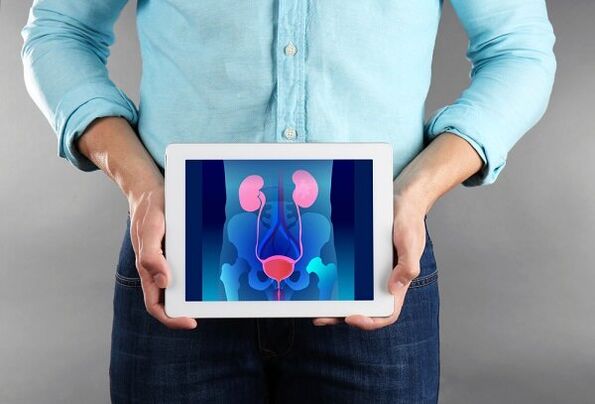
What is chronic prostatitis
This disease is one of the most common problems related to men's health. According to statistics, 50% of men aged 50 and above suffer from prostate problems. As for chronic disease, it is more common in young men under the age of 40.
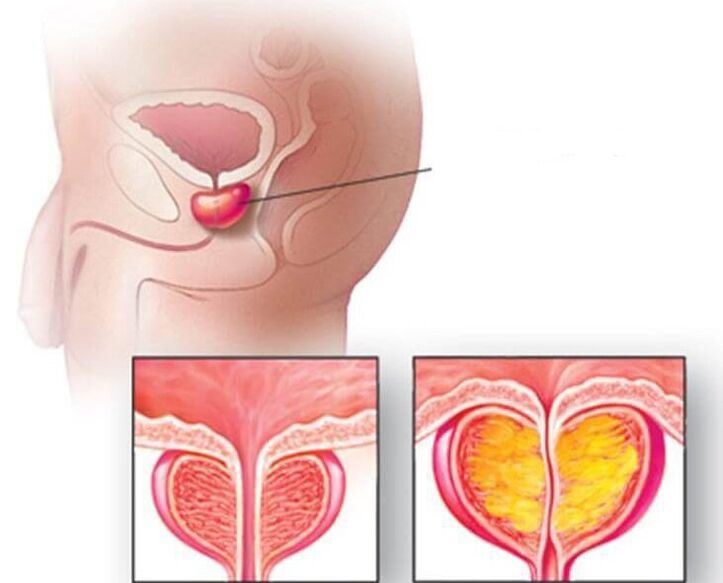
Classification
- bacteria;
- latent;
- Asymptomatic;
- Stagnant.
The symptoms of the disease, as well as its treatment, depend on the form of chronic prostatitis.

bacterial form of the disease
latent prostatitis
- Increased levels of white blood cells in test results;
- Persistent pain in the genital area;
- Urination problems.
The main difficulty in diagnosis is that laboratory methods cannot identify the causative agent of the infection, despite the presence of white blood cells in the test.
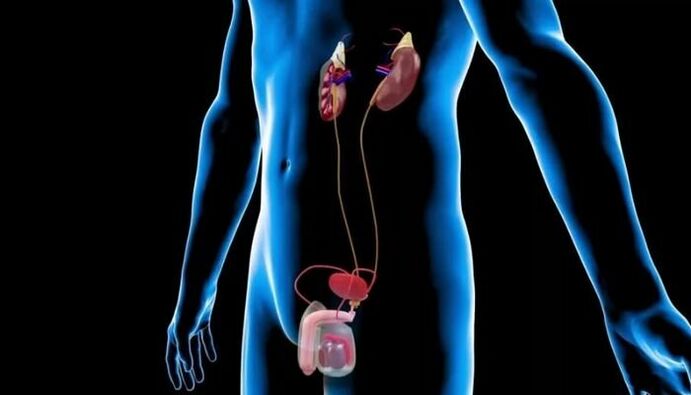
asymptomatic inflammatory form
After correctly chosen treatment, the man's health fully recovered.
Stasis or non-infectious
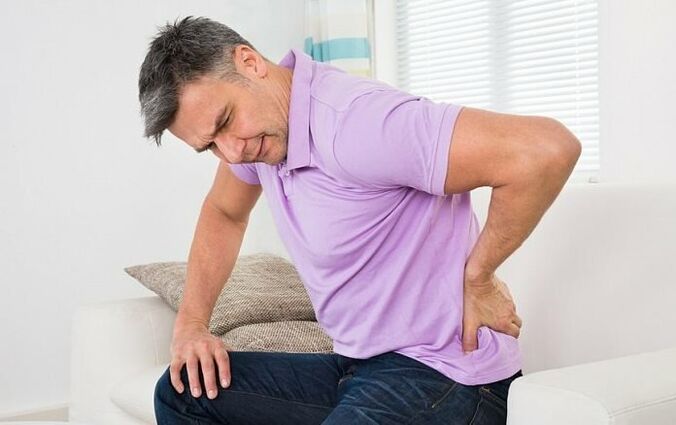
A sedentary lifestyle, injuries, bad habits, etc. can all trigger inflammation.
disease cause
- Irregular sexual intercourse or frequent changes of partners;
- total abstinence;
- Injuries and diseases of pelvic organs;
- Frequent overheating or hypothermia in the pelvic area;
- Congenital anomalies in the structure of the urogenital organs;
- Untreated infectious or viral disease;
- abuse of bad habits;
- working under conditions of ongoing physical intoxication;
- Metabolic diseases;
- Musculoskeletal system problems.

important!In the process of treating prostatitis, it is extremely necessary to find out the cause. Not only will this help resolve the problem, but it will also prevent future relapses.
Symptoms of chronic prostatitis
- Severe discomfort in the perineal and genital areas. The unpleasant sensation may persist or occur at a specific moment, such as after urination.
- Pain from radiation to the tailbone or pubic area.
- There is a feeling of a foreign body in the anus, a little closer to the perineum.
- Increased need to urinate (especially at night).
- Feeling full even after emptying the bladder.
- Decreased sexual desire and reduced erections.
- Semen contains small amounts of blood.
- hemorrhoid.
- Veins protrude through the skin of the scrotum.
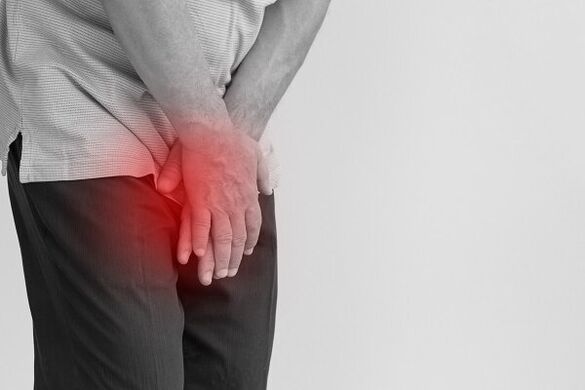
The above symptoms may lead to neurological abnormalities. Due to frequent urination, the man was unable to get enough sleep and work; he began to experience headaches, lethargy, irritability, and even aggressive outbursts.
diagnosis
- Collecting samples for laboratory research. This approach is suitable for patients suffering from bacterial diseases because it allows one to identify the causative agent of inflammation and choose the most effective treatment. Most commonly, general blood and urine tests are done for research.
- Ultrasonography. If prostatitis is suspected, the patient undergoes a transrectal examination. This method allows you to determine the exact stage of the disease and assess the general condition of the prostate. Additionally, ultrasound can help eliminate the risk of serious complications. Additionally, patients are sometimes asked to repeat the ultrasound to monitor treatment progress.
- Tomography.MRI is required when other diagnostic methods fail or when malignant lesions of the patient's prostate are suspected.
- Determination of PSA content(prostate-specific antigen). When the PSA is above 4 ng/ml, additional diagnostic procedures are required, including a prostate biopsy to rule out cancer.
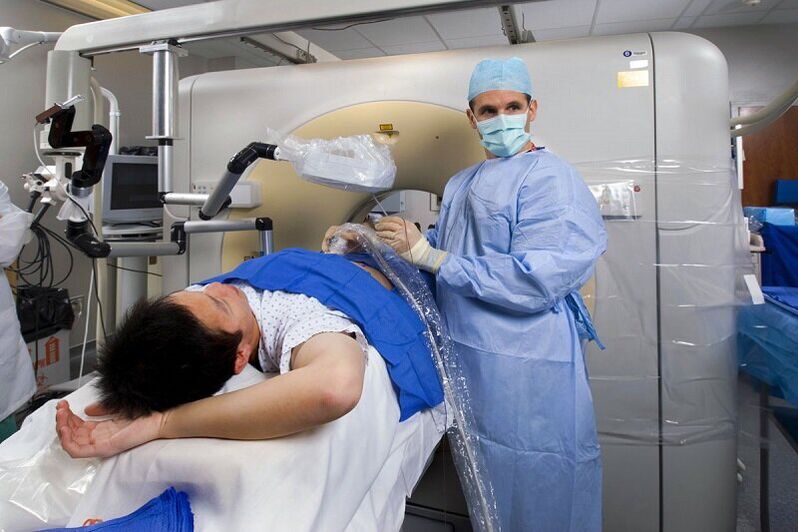
important!Often, when diagnosing chronic prostatitis, a combination of methods such as laboratory tests, palpation, and ultrasonography are used.
Treatment of chronic prostatitis
For successful treatment, it is necessary to promptly consult a competent doctor, who will tell you how to treat chronic prostatitis and what medications to take. The advice of your urologist should be strictly followed. Treatment cannot be interrupted, otherwise relapse may occur.
- Medicinal (taking medicine);
- non-pharmacological (using various devices and procedures);
- Surgery (otherwise - surgery).
medical treatement
If improvement occurs, antibiotics should be continued.
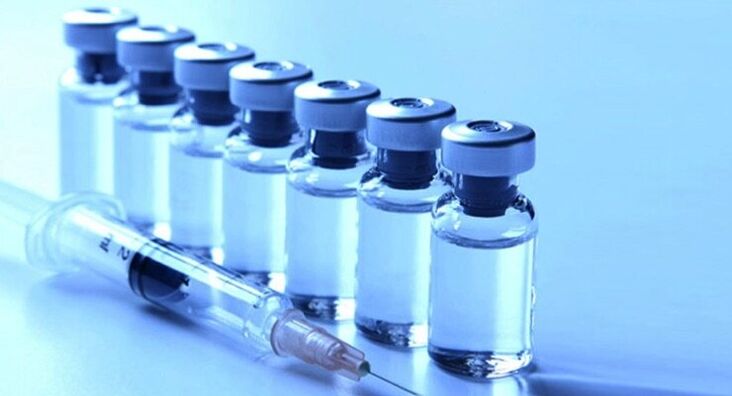
Treatment of chronic prostatitis should be comprehensive. Only in this way can the maximum effect be achieved.
- antibiotic;
- immune stimulating drugs;
- vasodilator tablets;
- Antispasmodics;
- anti-inflammatory drugs;
- Vasoprotectants (drugs that stimulate blood vessel cell metabolism).
non-pharmacological treatment
- Laser Treatment.
- Electrophoresis.A special treatment solution is used to penetrate the tissue using electrode methods.
- Temperature treatmentUse a microwave.
- Sonotherapy. Exposing diseased organs to ultrasound waves.
These methods can be used individually or in combination.
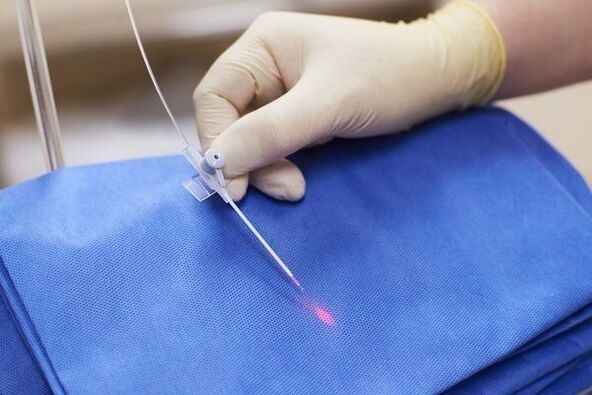
Surgical treatment
Treatment can be done either in budget medical facilities or in paid clinics. The cost of treatment depends on the severity of the disease and the duration of the disease. As for time, early prostatitis can be cured in one month, and complicated prostatitis can be cured in 3-4 months.

It is also important to consult a doctor promptly. Do not delay diagnosis and treatment of prostatitis. The sooner you get medical help, the lower your risk of complications.
treatment at home
You should consult your doctor before using any alternative medicine. Use folk remedies to relieve pain, eliminate inflammation, normalize the urinary process and strengthen the immune system.
pumpkin seeds
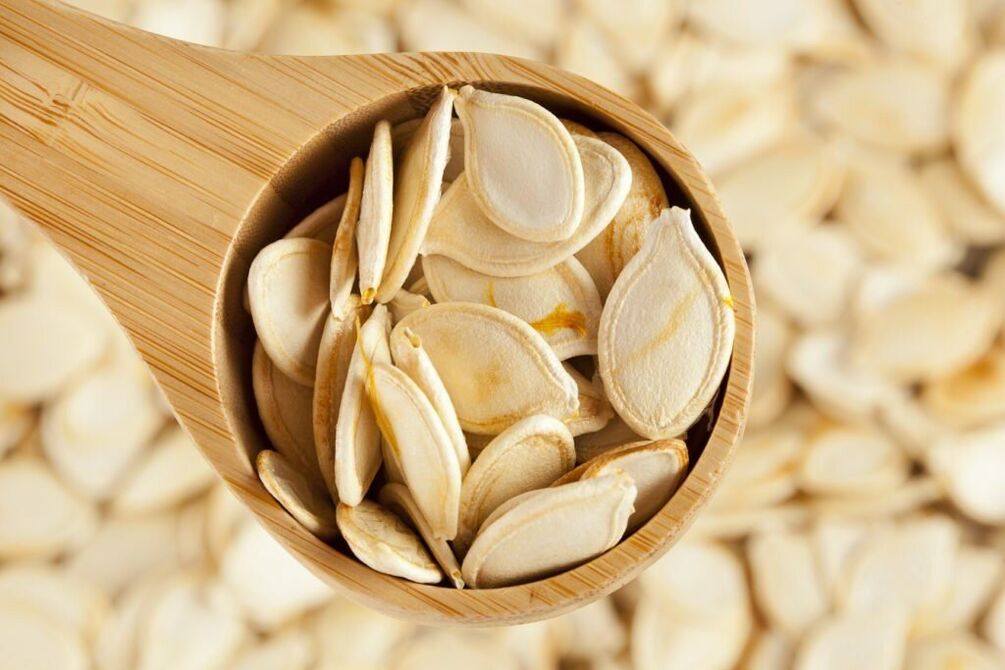
hazelnut infusion
sagebrush
This herb has long been known for its beneficial properties. With its help, you can deal with any infection. Getting rid of prostatitis requires complex treatment, including infusions to flush the urethra and oral intake of mugwort.
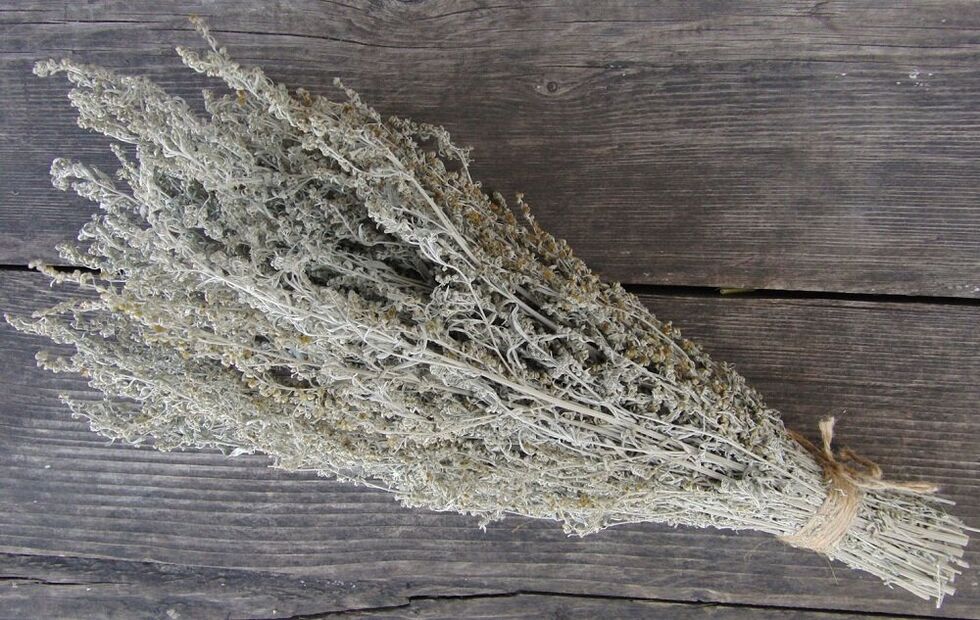
Don’t forget that you will need to use a separate syringe for each procedure to avoid accidental infection. The broth must be injected violently into the urethra: in this way the liquid will move very far.
medicinal juice
There are contraindications and it is necessary to consult a specialist.
prevent disease
- Have regular sex with one partner;
- participate in sports and special gymnastics;
- Take a multivitamin to strengthen your immune system;
- Stay asleep and awake;
- Reduce stressful situations;
- Say no to bad habits;
- Visit your proctologist regularly;
- Treat colds and viral illnesses promptly.
Prevention should address all areas of male activity, from nutrition to sexual relations. It is important to understand that prostatitis is treatable and you can continue to live a full and active life.























